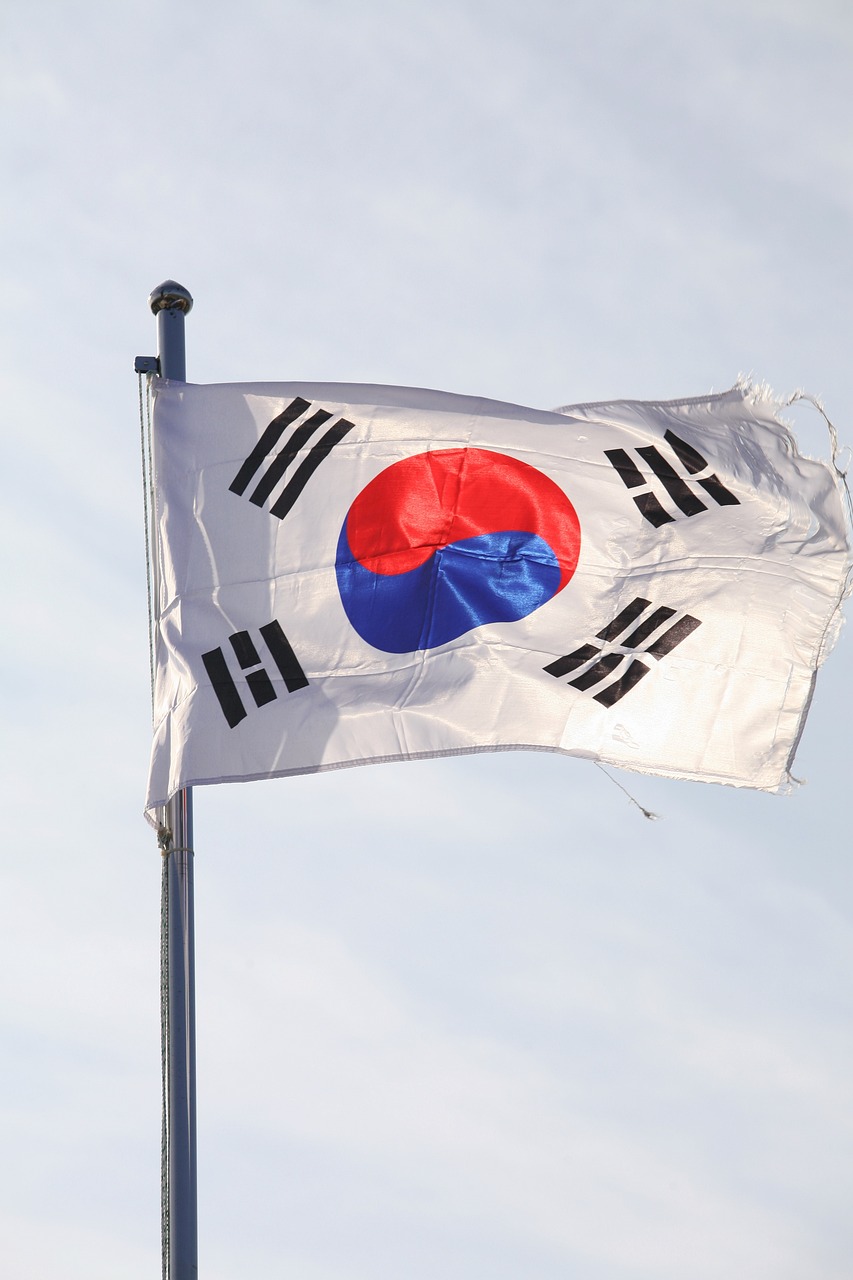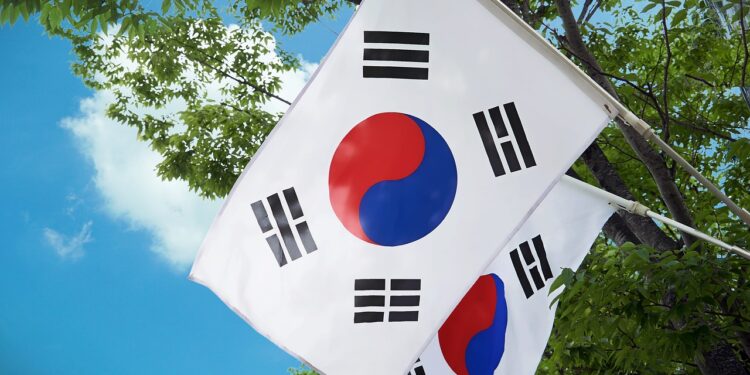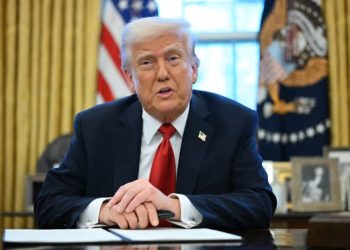South Korea’s Defense Minister has resigned, taking responsibility for the president’s decision to declare martial law in the country. His resignation was accepted by the South Korean President Yoon Suk Yeol following intense criticism over the leader’s brief declaration of martial law.
The Resignation: A Response to Mounting Pressure
Kim Yong-hyun tendered his resignation on Wednesday, shortly after the opposition Democratic Party filed a motion to impeach him. Even within the ruling People Power Party, there were calls for his removal, with party leaders criticizing his role in recommending martial law.
In a text message to reporters, Kim accepted full responsibility for the decision to order troops to enforce martial law. “All soldiers who performed their duties in relation to the emergency martial law [were acting on] the order of the minister, and all responsibilities lie within myself,” Kim stated. He also expressed regret for causing “concerns and confusion to the people.”

A New Defense Minister Nominated
The defense ministry announced that Choi Byung-hyuk, South Korea’s ambassador to Saudi Arabia, has been nominated to replace Kim Yong-hyun as the new Defense Minister. Choi’s appointment comes at a critical time as the government seeks to restore stability and public confidence.
President Yoon Faces Growing Backlash
The political storm has not been limited to the defense minister. President Yoon Suk Yeol is under increasing pressure to step down after declaring—then retracting—the martial law decree.
On Wednesday, six opposition parties submitted a bill calling for Yoon’s impeachment, with a vote expected by the weekend. The main opposition Democratic Party has also begun preparations to formally charge the president with treason, escalating the political stakes.
Protesters and Parliament Push Back
Public outrage has been evident in the streets, with protesters gathering in Seoul’s Gwanghwamun Square. They held banners condemning Yoon’s martial law declaration as illegal and undemocratic.
In parliament, the president’s decree was swiftly overturned. Hours after Yoon’s late-night announcement on Tuesday, lawmakers rejected the measure, with 190 out of 300 members voting against it.
The Martial Law Declaration and Its Fallout
In his controversial late-night address, President Yoon accused the opposition Democratic Party of colluding with North Korea and engaging in anti-state activities. His declaration cited recent opposition moves to impeach top prosecutors and block a government budget proposal as justifications for martial law.
However, Yoon’s actions faced immediate resistance. After parliament rejected the decree, the president reversed his decision early Wednesday, withdrawing the troops that had been deployed.
A Nation at a Political Crossroads
The fallout from the martial law debacle has left South Korea in a state of political uncertainty. With an impeachment motion against the president and calls for accountability growing louder, the coming days will be critical in determining the nation’s direction. For now, both the government and opposition remain locked in a fierce battle over the country’s democratic principles and the rule of law.

















